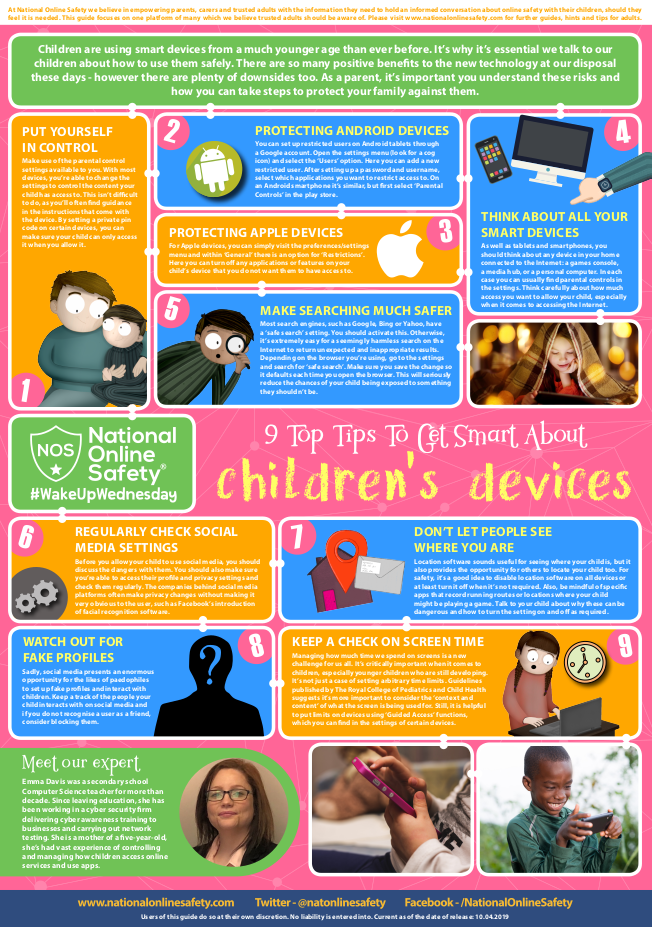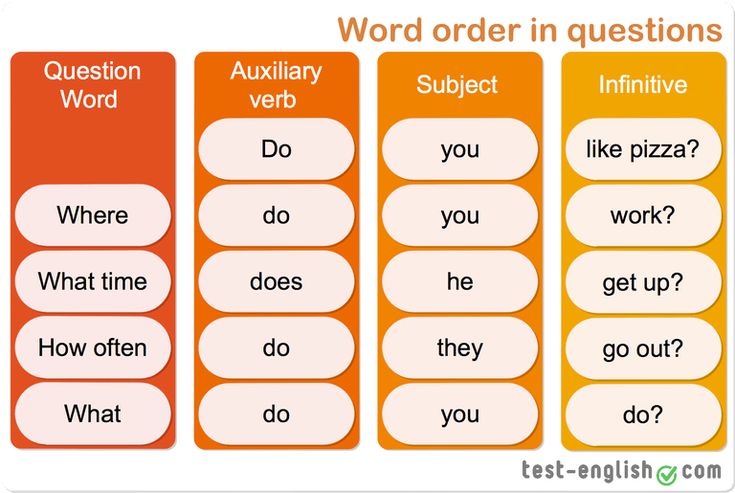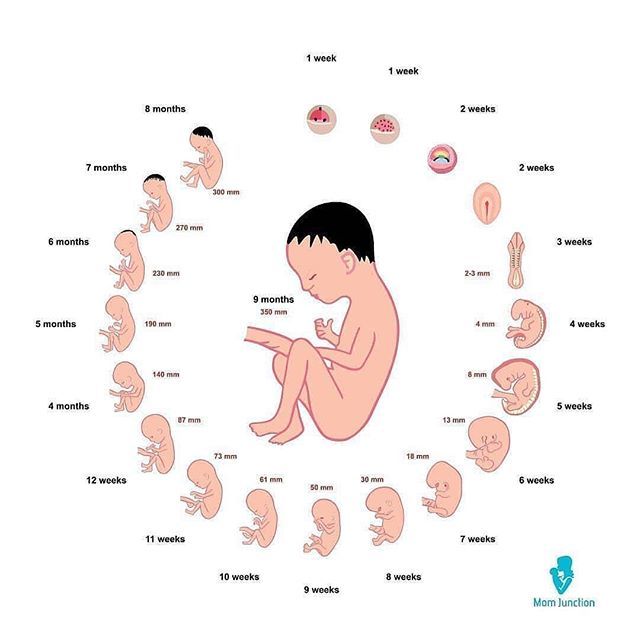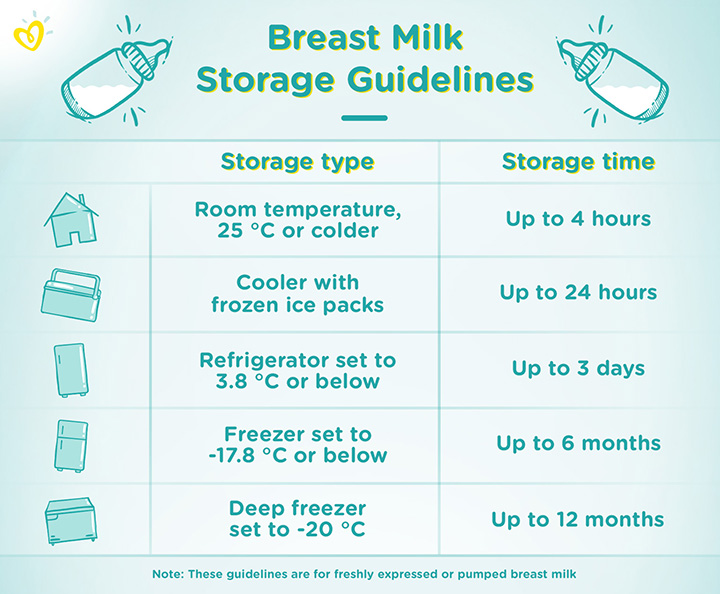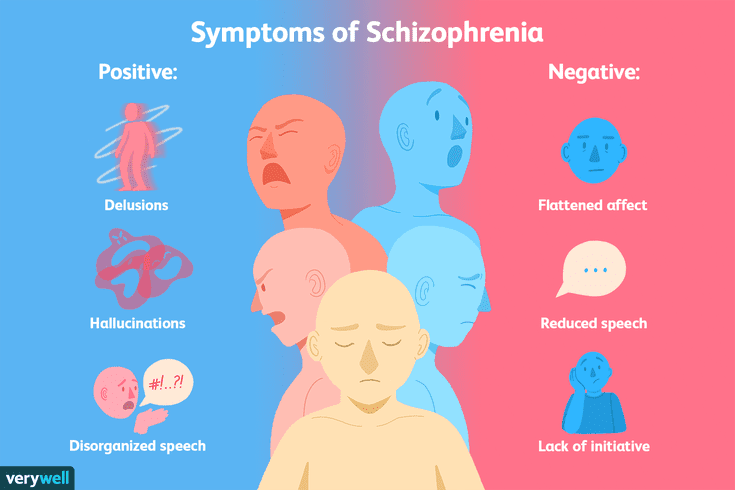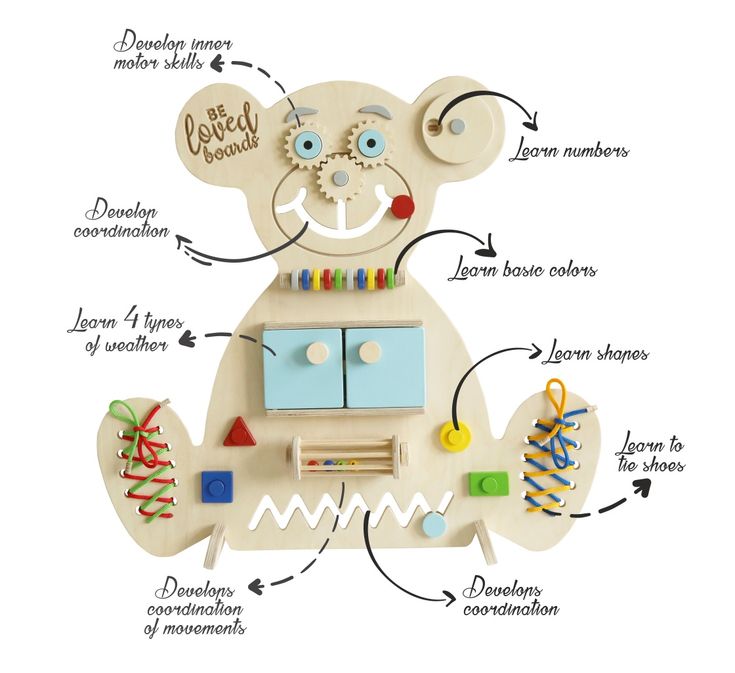How to stop enabling your adult child
Three Ways to Stop Enabling Your Adult Child In 2021
Based on my many coaching sessions with stressed-out parents, this current pandemic has been very cruel to their struggling adult children:
- Many adult children have lost service-sector and other types of jobs and are back at home with their parents.
- Those who could not hold jobs prior to the pandemic are now feeling more disempowered than ever.
- A lot of adult children are living at home again because colleges have returned to remote learning due to surging Covid cases.
- As I explain in my latest book, The Anxiety, Depression, & Anger Toolbox for Teens, many struggling adult children (including those in their 20s, 30s, and beyond) feel shut down, stalled out, frustrated, angry, and helpless.
Many overly dependent adult children who seem "stalled" out with little motivation are emotionally and financially draining on parents. Common among this population, and consistent with myriad comments from readers who contact me, are stories of lies, depression, low self-esteem, social anxiety, and substance misuse. These adult children are hurting big time and the parents who contact me for consultations and coaching are hurting big time as well.
As you begin 2021, it is time to take some serious relationship inventory if you have a struggling adult child.
Are You Caught in the Enabling Trap?
Enabling is driven by the desire to stop the flow of situational and emotional pain—but it only serves to create a coercive cycle of perpetuating it. Many parents who enable adult children end up trying to "fix" their problems (mostly through some form of financial support). While the desire to help hurting adult children is understandable, the way in which parents do so interferes with their ability to grow and take responsibility.
Do you create an enabling dynamic for your adult child? If they, for example, frivolously buy new clothes instead of paying rent, which you are directly or indirectly funding, this would result in a consequence of losing an apartment. Enabling parents, in common situations like this, hear the "crisis sirens" going off and rush in and to change the problematic situation (like not being able to pay the rent).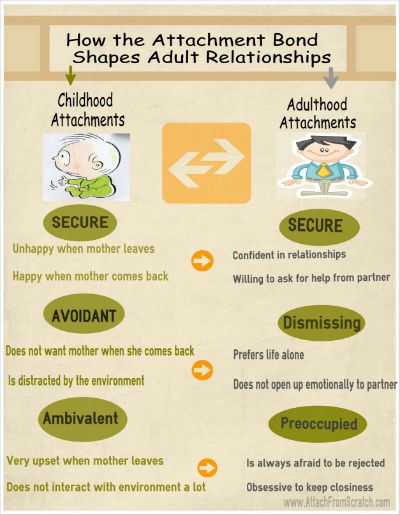 When parents rush in, the consequences are removed, giving the adult child no reason or opportunity to learn a valuable lesson.
When parents rush in, the consequences are removed, giving the adult child no reason or opportunity to learn a valuable lesson.
Stopping the enabling is just as much about changing your mindset as it is about changing your behavior. That's because your mindset is what drives your behaviors--for better or worse.
The Statistics Say, "A lot"
According to the latest Census data, more than half of adults age 18 to 24 live with their parents. About 13 percent of those ages 24 to 35 also do, the highest percentage ever recorded by the Census. The many overly dependent adult children who seem stalled out with little motivation, however, can be emotionally and financially draining on parents.
Let's be clear that in many cases, adult children living with their parents may be working hard, or doing well in college or grad school, or saving up money to rent an apartment or purchase a home. But, obviously, the parents of those adult children who are striving towards independence are not the ones who contact me for coaching.
Parents in Pain Have Polarized Thinking
Parents of struggling adult children tend to go all-or-nothing in looking at their situation: Either the struggling adult child needs to be allowed to "sink or swim" or the parents are okay nurturing/yet possibly enabling the struggling adult along. The answers are not always so "all or nothing."
Following are three guiding signs that you may be enabling your adult child.
Three Surefire Signs That You Are Enabling an Adult Child
1. You willingly wear a "kick me" sign. You think that because your adult child has "problems," that lets him or her off the hook from showing heartfelt respect. You may notice that he or she seems respectful when wanting something from you, though they turn on a dime or get passive-aggressive if you refuse the request. You feel worn down and accept this emotional chaos as normal.
2. Your adult child "borrows" money from you. The Bank of Mom or Dad often runs the risk of financial losses.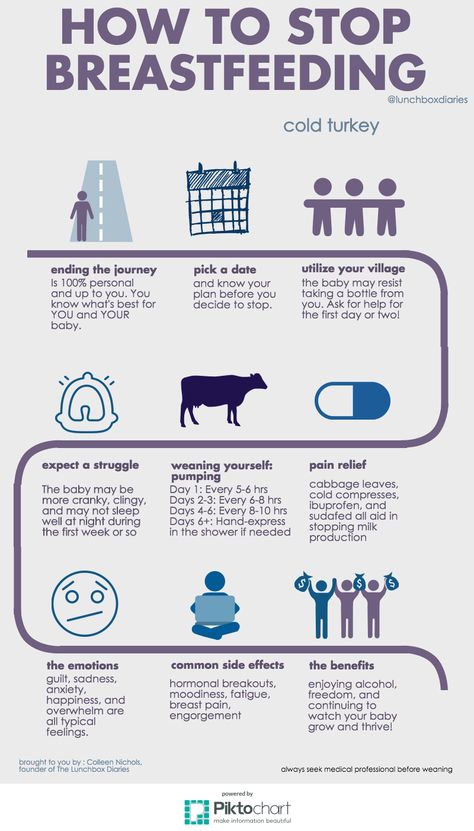 They intend to pay you back but that never happens. Yes, it is okay to help adult children out financially at times, as long as you are not being exploited in doing so.
They intend to pay you back but that never happens. Yes, it is okay to help adult children out financially at times, as long as you are not being exploited in doing so.
3. Your adult child does not take life on—but you do. You are shouldering his or her debt, taking on a second job, or taking on additional responsibilities while your adult son or daughter is caught up in inertia, being seemingly endlessly non-productive. You and your spouse or other family members feel strain created by the excessive neediness from this overly dependent adult child.
Start 2021 by saying, "You will feel better about yourself by feeling more independent."
In this new year and beyond, try not to be adversarial as you encourage your child to become more independent. The goal is to be supportive and understanding with a collaborative mindset. Be calm, firm, and non-controlling in your demeanor as you express these guiding expectations to motivate your adult child toward healthy independence:
1.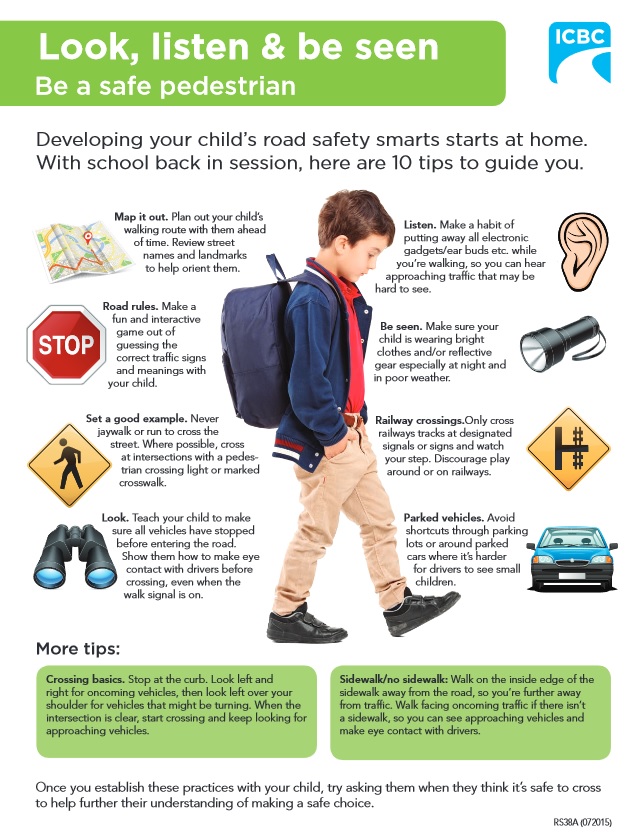 While living with you, encourage your adult child to also live in "the doing" instead of stewing. Yes, lots of jobs have been lost in the service industry—for now. But there is Door Dash and Instacart or even doing some projects at home to help contribute. Helping out at home can include decluttering, taking things to donation sites, cleaning, or other chores.
While living with you, encourage your adult child to also live in "the doing" instead of stewing. Yes, lots of jobs have been lost in the service industry—for now. But there is Door Dash and Instacart or even doing some projects at home to help contribute. Helping out at home can include decluttering, taking things to donation sites, cleaning, or other chores.
2. Think before you give money. Yes, it is tempting to want to financially help out your child. And, I think doing so is fine—within reason. Providing spending money should be contingent on children’s efforts toward independence.
3. Develop a response that you can offer in the event that you are caught off guard. I coach parents that when adult children come to them with "urgent requests," they won’t give an answer for a certain time period whether it be the next morning or at least for 24 hours. For example, the next time you get a crisis text that says, “I need money,” respond with, “I’ll have to talk it over with your father/mother and we’ll get back to you tomorrow. ” (Or, if you are single, “Please let me have some time to think it over.") This will allow you time to consider it and talk about it beforehand. It will also show that you are remaining steady in your course while presenting a united front.
” (Or, if you are single, “Please let me have some time to think it over.") This will allow you time to consider it and talk about it beforehand. It will also show that you are remaining steady in your course while presenting a united front.
One final note: Remember that you always have the right to say “I changed my mind."
You're parenting an adult child, not testifying at a Senate hearing. Yes, it is good to show you stick to your words. But when it comes to managing the twists and turns of struggling adult children, as I describe in 10 Days to a Less Defiant Child, 2nd Edition, you really need to create and maintain emotional freedom and flexibility. So, continue to make observations and adjust your responses in a measured manner, versus rushing in, due to feeling guilted, manipulated, and coerced. This is for their sake as well as yours!
For more, click here.
6 Signs You’re Enabling Your Grown Child (and How to Stop)
family
By Michele Laufik
Published Sep 3, 2019
Remember that Sarah Jessica Parker movie Failure to Launch? It’s a romantic comedy about a 30-something-year-old man, Matthew McConaughey, who still lives with his parents.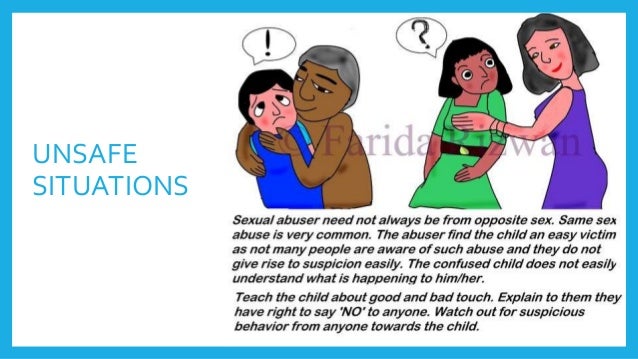 Nothing too crazy about that…but we soon learn that neither he or his parents ever really want to see him leave the nest. This is enabling a grown child. And while it’s natural for parents to want to help their children at every age, sometimes their helping hand can morph into enabling, especially when their kid is a 30-something-year-old dating Sarah Jessica Parker.
Nothing too crazy about that…but we soon learn that neither he or his parents ever really want to see him leave the nest. This is enabling a grown child. And while it’s natural for parents to want to help their children at every age, sometimes their helping hand can morph into enabling, especially when their kid is a 30-something-year-old dating Sarah Jessica Parker.
But enabling your grown children isn’t always so clear cut. How do you know if this applies to you? Here, we help break down the signs that you’re enabling your grown child and also share helpful tips on how to stop.
“From a technical perspective, enabling happens when a parent removes a naturally occurring negative consequence from a grown child’s life, and the child doesn’t learn from the experience,” explains Dr. Lara Friedrich, a licensed psychologist who works with families. “Said differently, it’s when a parent and child get stuck in a cycle that keeps both dependent on the other in a way that doesn’t allow for the adult child to make mistakes and grow. ”
”
Part of the reason this may happen is because the parent doesn’t want their child to grow up and leave them in the dust, so to speak. “Sometimes parents enable without being aware of it when they are afraid of having a child separate into a full-fledged adult. When that separation is too painful, parents will take unhelpful steps to keep the child close, even if it impedes the child’s personal growth,” Dr. Friedrich says. For example, “writing your child’s cover letter for them every time your child gets anxious keeps them needing you, which may feel good. But it stops the child from stepping out on their own and teaches them that they’ll only accomplish their goals with your help.”
So instead of learning how to become a functioning, independent adult, your child gains a sense of entitlement, learned helplessness and lack of respect.
“They will expect the same enabling treatment from other people in their lives and only engage in relationships where they can be selfish and the center of attention,” says Dr. Racine Henry, a marriage and family therapist based in New York and the founder of Sankofa Marriage and Family Therapy. “Also, enabling does not require your child to respect you or consider your feelings. This may limit your ability to be independent and live your life on your terms because you will have to be constantly available and responsible for another adult.”
Racine Henry, a marriage and family therapist based in New York and the founder of Sankofa Marriage and Family Therapy. “Also, enabling does not require your child to respect you or consider your feelings. This may limit your ability to be independent and live your life on your terms because you will have to be constantly available and responsible for another adult.”
From everyday tasks like doing the laundry and cleaning for your grown child to bigger issues like making excuses for their drug addiction and criminal activity, enabling can crop up in different ways.
Here are some signs you’re enabling your grown child:
1. You Make Any And All Decisions For Your Adult Child.Your child depends on you to make decisions for and with them about everything, Dr. Henry says. “It is one thing to offer advice but if your adult child relies on you to decide about jobs, friends, romantic partners, etc. they are codependent in an unhealthy way.”
2. Your Adult Child Doesn’t Respect You.
Your Adult Child Doesn’t Respect You.They don’t demonstrate respect for you or observe any boundaries you set. “If you say, ‘don’t call me after 10 p.m. or I won’t allow you to live with me any longer’ and they continue to do these things, you could be enabling this behavior,” Dr. Henry says.
3. Your Adult Child Can’t Accept ‘no.’If your child has an extremely negative and visceral reaction when you say “no” to their requests, Dr. Henry says that this is a sign you are enabling negative behavior.
4. You Pay For Everything, All The Time.If your grown child lives with you and doesn’t chip in toward household expenses and/or you pay their bills, you’re establishing a bad habit.
5. You ‘baby’ Your Adult Child.You shouldn’t have to teach your adult child things they should already know how to do, such as laundry.
6. You Feel Overwhelmed, Taken Advantage Of And Burnt Out.
“It’s harmful to the parent because it can infringe on their time, money, energy and freedom, and it keeps them involved in the child’s life in a way that’s no longer productive,” Dr. Friedrich explains.
If you think you might be enabling your child, here are some steps you can take to stop:
1. Set Boundaries.“Boundaries are the key to helping your adult child be more independent,” Dr. Henry says. “You can of course provide help and be there to rescue them in case of emergency, but they should attempt solutions on their own. You can start by thinking of what boundaries you are comfortable with. This can apply to space, time, money, availability, etc., then you can decide to either have a conversation with your child about these limits or you can begin enforcing these limits as soon as possible. The key is to be consistent and implement effective boundaries. If your adult child is uncomfortable and/or unhappy with the boundaries, it’s a sign the boundaries are effective. ”
”
Dr. Friedrich agrees, saying that you need to become “clear on how much time, money and energy you are willing to put toward your child’s issues. Tell your child this limit. If the child is constantly asking for money, figure out what works and say, ‘I can give you $50 toward fixing your car this month,’ for example. Or ‘I am giving you $____ to help with having job-appropriate clothes this year.’ If they need résumé help, pick a time limit and stand by it.”
2. Learn To Be Ok With Seeing Your Child Struggle.“Focus on increasing your own tolerance for witnessing your child struggle,” Dr. Friedrich says. “If it is too hard to watch, or if you find yourself being pulled in again and again, talk with a therapist to get a better understanding of what’s happening. Together, you can create a customized plan to break the cycle.”
3. Tell Them To Google It.“When your adult kids ask you how to do something, suggest that they Google it. It might sound harsh, but they are capable. They will figure it out,” says Rebecca Ogle, clinical social worker and licensed therapist who practices teletherapy in Illinois. Along those same lines, she says to stop doing things for your kids that are their responsibility. “By stopping, you give them the opportunity to: A. Do nothing and suffer the consequences or B. Do what they need to. The choice is up to them.”
It might sound harsh, but they are capable. They will figure it out,” says Rebecca Ogle, clinical social worker and licensed therapist who practices teletherapy in Illinois. Along those same lines, she says to stop doing things for your kids that are their responsibility. “By stopping, you give them the opportunity to: A. Do nothing and suffer the consequences or B. Do what they need to. The choice is up to them.”
More Stories You'll Love
family
by Alexia Dellner
Parents to Pediatricians: Please Don’t Talk About My Child’s Weight
family
by Candace Davison
We’re Calling It: Bubble Houses Are the New Must-Have at Kids’ Birthday Parties
family
by Sarah Ashley
13 Cutest Pups That Double as Watchdogs
family
by Brittany Gibson
The 35 Best Last-Minute Valentine’s Day Gifts (Because You *Almost* Forgot This Year)
family
by Dana Dickey
37 Gifts for Girlfriends They’ll Love (And Love You for Gifting Them on Valentine's Day)
family
by Rachel Bowie
The 3-Word Phrase Every Mom Should Use With Her Son
Kill a mother hen, or How to let a matured child go - Moscow 24, 08/11/2017
It is very easy to turn from a reasonable and progressive mother into a mother hen when a grown child suddenly says: "Mom, I'm leaving. " m24.ru columnist and mother of three children Anna Kudryavskaya-Panina on how to let a grown child go into adulthood and not go crazy with anxiety.
" m24.ru columnist and mother of three children Anna Kudryavskaya-Panina on how to let a grown child go into adulthood and not go crazy with anxiety.
Photo: depositphotos/Brainsil
My friend is suffering. Her world is crumbling right now. She is about to part ways with her daughter. If you imagined a serial scene when the villains pull the baby out of the mother's arms, then in vain. "Baby", coming off the mother's breast, 22 years old. And she leaves not for Australia, but for Krasnodar. When Lenka told me about her experiences, I was even taken aback. No, I'm not hard-hearted, I really empathize with her and I myself know what it means to let go of a grown child.
Yes, it is not easy for many: to realize that a child is no longer a child, and to let him go to another place, another city, another life. But that my clever Lenka, a democratic and reasonable mother, suddenly turned into a mother hen, plunged me into bewilderment. And most importantly, she herself is surprised by this: “I understand everything with my head, but .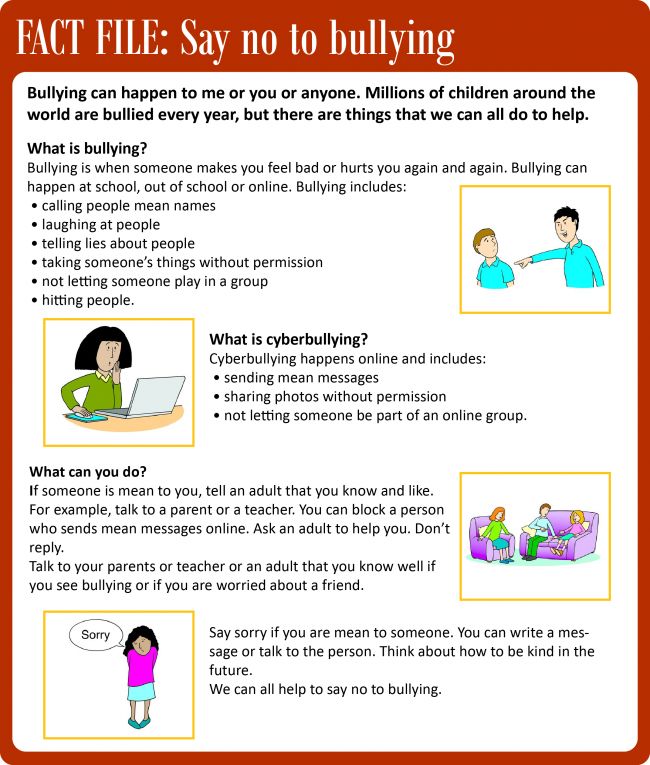 ..” And behind this “but” are nightly scandals and tears. One adult woman cannot let go... another adult woman into her independent life.
..” And behind this “but” are nightly scandals and tears. One adult woman cannot let go... another adult woman into her independent life.
And that’s just not necessary: we were different, and this generation of infantiles, we were already parents ourselves at their age, and they weren’t able to wash their shorts, some kind of independent life, and the WHO says that up to 25 is more children. These kids are all different. Some study on a budget, work two jobs, save money for an internship abroad, get married, but are in no hurry to please you with grandchildren, live for their own pleasure, travel the world, receive grants, make discoveries. Others sit on their parents’ necks, they put their wife / husband, and sometimes their grandchildren there, they wait for their mother to call for dinner, they are in no hurry to work - they study (as a rule, for a fee and where their parents could stick them). And only we ourselves could make them infantile. But that is another topic. And now what has grown has grown.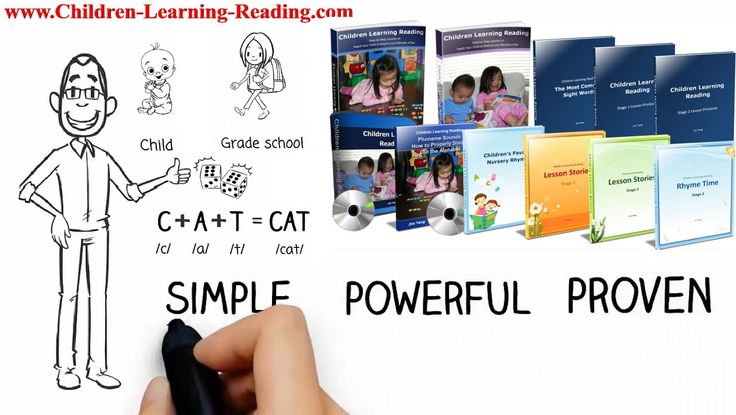
"I know stories of mothers and grandmothers taking their children and grandchildren to interviews"
It doesn't matter how independent a child is, it's scary to let anyone go. But if your child is eager to be free, maybe it's time to let him do it, remove the pacifier from the mouth of a mustachioed baby, cut the money umbilical cord and let him float freely, let him get a couple of bumps, stop protecting him from his own life, kill him in a mother hen and become a mother who respects an adult equal person.
Yes, we only want the best for our children! But do we keep them on a short leash out of bad intentions?!
I know stories of mothers and grandmothers taking their children and grandchildren to interviews. No, well, this is an extreme case, you say. And we just want the kids to be around. So they want it too. What is not an extreme case? Complain that the son disappears in computer games, but drag him sandwiches and tea directly to the monitor, because "he is hungry", say that the daughter is completely unadapted to life and does not know what she wants, and therefore look for universities for her , keep track of competitive scores in order to command in time where to carry the original certificate?
Photo: depositphotos/Vitalinka
What are we afraid of? Oh, he/she won't find a job, won't be able to feed himself, serve himself, something will happen: he/she will fall ill, get hit by a car, and I won't be around.
That last thing is the main thing. The main reason for unwillingness / inability to let go. We all experienced together: the first teeth, the first steps, the first bump, the first five and the first deuce, graduation ... And suddenly this strong "we" collapses into two "I" of equal size. And it is no easier for a parent than for a child to experience what psychologists call separation. Not to be around when you were around for so many years when you used to be responsible for this person. And how to believe that nothing terrible will happen to the child because of your absence in centimeter proximity. And nothing terrible, of course, will not happen. But until you get out of the role of a mother hen, strangling your own child with your care and love, you will not understand and accept this.
So, okay, everything is clear about how not to do it. And how should it be? How to step on the throat of your own maternal love and kill the mother hen in yourself?
"I just realized that she was waiting for me because she was worried"
First, remember yourself.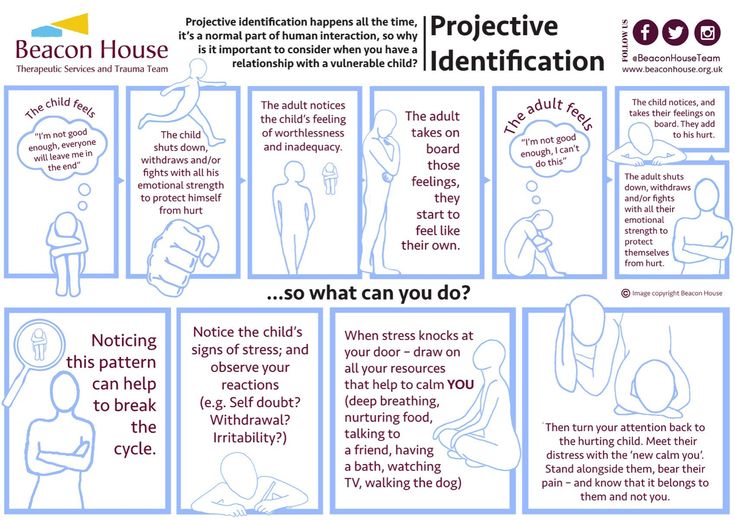 No, forget about how you heroically washed diapers on your hands at the age of twenty. Remember something else: “When I returned after midnight, I couldn’t understand why my mother was not sleeping, sitting in the kitchen, reading and smoking. You will ask her: why are you not sleeping? because I was worried." Waited. She didn’t call her friends and girlfriends, she didn’t throw tantrums, she didn’t forbid. She calmed her anxiety like this: read and smoke, wait for her daughter. Or here’s the reverse story: “You don’t understand, you can’t make such decisions, I know better what you need - it was a nightmare, because I only heard this. As a result, at the age of 17, I left home. And I was able to to talk to my mother only after a couple of years. But I heard exactly the same thing. Plus: why did you leave, I gave you my whole life. " In general, remember how you wanted independence. How important it was for you to be let go, that your choice, any choice, be accepted, if not with approval, then with respect.
No, forget about how you heroically washed diapers on your hands at the age of twenty. Remember something else: “When I returned after midnight, I couldn’t understand why my mother was not sleeping, sitting in the kitchen, reading and smoking. You will ask her: why are you not sleeping? because I was worried." Waited. She didn’t call her friends and girlfriends, she didn’t throw tantrums, she didn’t forbid. She calmed her anxiety like this: read and smoke, wait for her daughter. Or here’s the reverse story: “You don’t understand, you can’t make such decisions, I know better what you need - it was a nightmare, because I only heard this. As a result, at the age of 17, I left home. And I was able to to talk to my mother only after a couple of years. But I heard exactly the same thing. Plus: why did you leave, I gave you my whole life. " In general, remember how you wanted independence. How important it was for you to be let go, that your choice, any choice, be accepted, if not with approval, then with respect.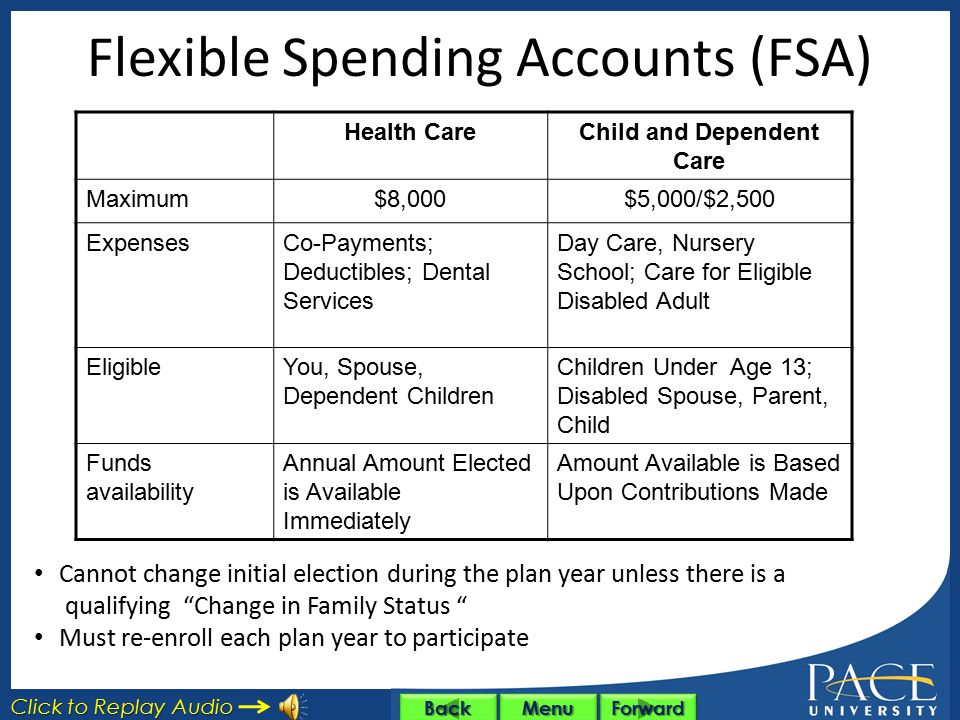
I remember how my mother shocked me with one phrase. I had to make a very difficult decision, let's say, one of the vital ones. I knew exactly my mother's position on this matter. And, when I once again spoke to her in tears about this, she suddenly said: "Nyutochka, I will accept any of your decisions." It has been 20 years since our conversation. It was then that I realized what the only possible position of a parent in relation to a grown child should be. You can give advice if you are asked for it, but no matter what choice the child makes at a difficult moment, you must accept any of his decisions.
Photo: depositphotos/haveseen
And the child should know that you are that very safe haven where you can always return, where you will always be accepted, no matter how many times you screw up in this life. Accept - does not mean they will solve your problems for you. They will accept - it means they will wipe the snot and help you make new decisions. When leaving, the child should know that he has somewhere to return, if not physically (though why not?), then psychologically. Your connection is not broken by distance, sometimes it becomes even stronger.
Your connection is not broken by distance, sometimes it becomes even stronger.
"The main thing is when your son turns 18 and he wants to leave, even if this horror of separation still remains in you, to be able to shove him deeper and let him go"
“I think with horror that Vanya will grow up and leave for another city, it means not seeing him for several months! will study in Novosibirsk. Well, thank God, I think, while her Vanechka is not even two years old, it would be strange to present separation from him as a matter of course. As I lay in the hospital and looked at my tiny son, my firstborn, I thought with horror of any possible separation from him. I can understand any mother who experiences such feelings. The main thing is that when your son turns 18 and he wants to leave, even if this horror of separation still remains in you, be able to shove him deeper and let him go. Let go with a smile and motherly blessing.
Letting go does not mean letting go. Letting go means letting go, not calling every half an hour with questions: "Have you eaten? How are you? Did you go to an interview? Is your house clean? Have you found friends yet? Why don't you call your mother?" Et cetera, et cetera.
Letting go means letting go, not calling every half an hour with questions: "Have you eaten? How are you? Did you go to an interview? Is your house clean? Have you found friends yet? Why don't you call your mother?" Et cetera, et cetera.
A friend of our family has been under the thumb of such a "stuffy" mother all his life. Of course, he loved her, was attached to her, but his personal life developed only after her death, because while she lived, all the chosen ones were unworthy of her Pashenka. Do you really want it? For a child to live its real life only after you are gone?
Think of a child. This is not the baby whose butt you washed, whose skinned knees you blew on. No matter how much you are with him, you will not always be with him. This is his life. You won't live it. So don't take a part of it from him. Don't envy. Rejoice for him. Don't be offended. He leaves not because he does not love and does not appreciate you, but because he has become an adult. He has everything ahead.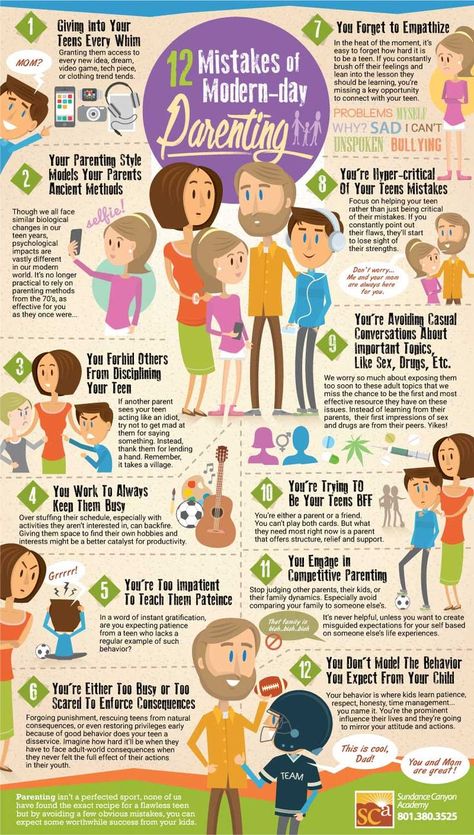 Let him go.
Let him go.
Photo: depositphotos/belchonock
Let him make decisions and be responsible for them. Well, what if he screwed up? Of course, nakosyachit, and more than once. Start talking to him now as an adult. Explain to him that the other side of the medal of freedom of decision-making is the responsibility for them. And that he will have to rake his jambs himself. Discuss in advance the limits of assistance that you can provide in case of problems. And yourself, for God's sake, do not rush to the rescue at the speed of Superman when your child has the first adult difficulties.
Yes, "we lived by the fate of others, it's time to think about ourselves." Your life is not only taking care of a child. It is much larger and wider. Of course, both housewives and super-busy mothers are acutely worried about the separation of children, and it remains to be seen who is stronger. But maybe it's time to remember what you wanted to do, what to do and what you never had enough time or energy for.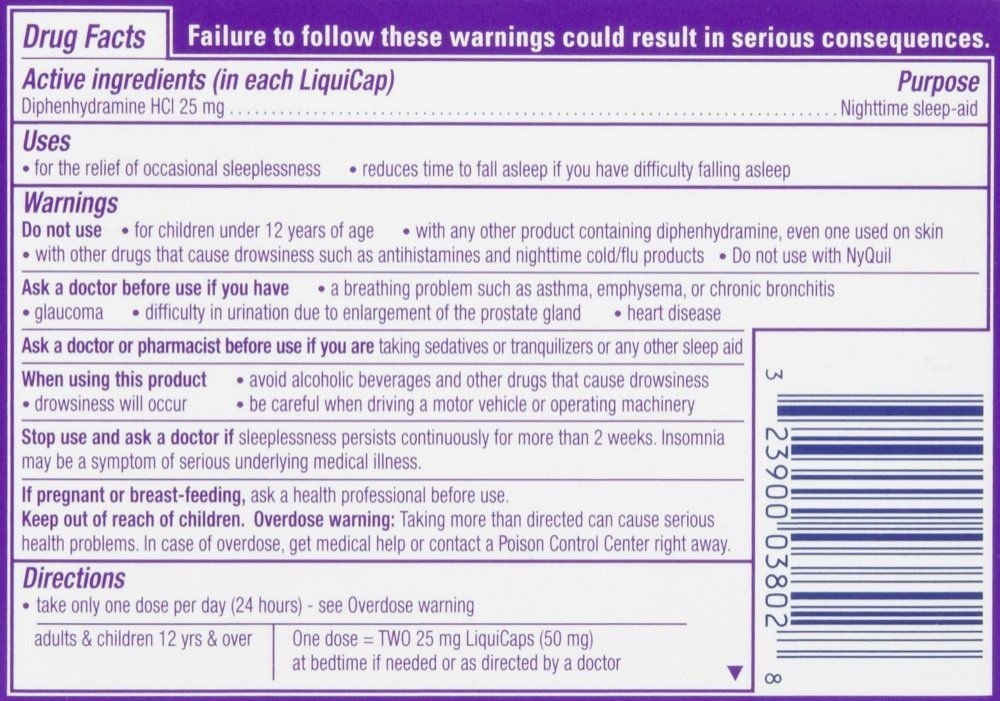
"our task from the very beginning is to learn to let go of our children"
No matter how pathetic it may sound, but our task from the very beginning is to learn to let go of our children: from the moment they are born until our death. And every step along the way is painful. I will not be able to anesthetize my Lenka this process. I can only remind her that we are incredibly lucky to have countless channels of communication with our estranged children that our mothers and grandmothers never dreamed of. The modern world is very small, wherever your child is, you are only a few hours away from him.
Yes, Lenka will surely spend her next vacation somewhere closer to her daughter, yes, at first she will sleep uneasily and hourly struggle with the desire to call her child. But I know for sure that Lenka will kill the mother hen in herself and let her Dasha go into adulthood. Let him go in peace, without quarreling to the bone. She only had to understand one thing: it is not her world that is collapsing, it is the world of her Dasha being built.
children family relations society
How to grow up and at the same time keep the inner child?
Yulia Burlakova, IFC certified coach and business coach, told how to raise an adult in yourself and at the same time save a child. We talked about what an adult position is, why we look for the reliability of a mother even when we grow up, and what leads us to childishness. And also, what exercises should be done in order to maintain the balance of a child, an adult and a parent, take responsibility for one's own life, learn to manage emotions and put the inner critic in his place.
Hello everyone! I am Yulia Burlakova, coach and business coach, and today we have an intriguing topic - how to grow up, what is an adult position in general, both in a person’s personality and in the life that he creates.
I'll start with the fact that it is very difficult to grow up, and no normal person really wants to grow up on their own initiative. Imagine you or me. Just yesterday, my mother seemed to be tying her laces, and today she says to me: “Come on, Yulia, you yourself will tie the laces on these complicated shoes. ”
”
Since our body is also not a fool and wants to live in a resource-saving mode, carry more and more tasks (laces are a huge, difficult, unpleasant task) and be responsible for how these tasks are implemented, I collapsed on the stairs from incorrectly tied shoelaces or normally reached the site, where she had success among the rest of the baby dolls - we don’t want to bear this responsibility, it’s difficult. And the resource-saving mode suggests that we kind of shrink from reality's attempts to offer us more and more responsibility every week, every month, every year of our lives.
If we turn to the psychoanalytic vision of this process, then there we will be hinted that the whole life of a person is an attempt to return to the infinitely kind, giving resources when we need it, mother's breast. And so we are looking for this sisyu in all circumstances, we would like it to be endlessly given to us attention, time, opportunities.
And for some reason, every year this sisya tells us more and more: “I won’t be in your life at your instant request, you yourself have to get time, resources, money, relationships, intimacy, contact, any vital good and resources, for which you, my friend, apply. It's unpleasant for me, my friend, so if I'm a normal friend, I don't want to grow up.
It's unpleasant for me, my friend, so if I'm a normal friend, I don't want to grow up.
And the complexity of growing up is so sharp and bright that, in fact, this complexity invites you and me into infantilism. This is the resistance to growing up, we are like: I'm in the house, I don't want to grow up, I don't want to be responsible for these mortgages, self-realization, careers, families, relationships that I create.
It is paradoxical that sometimes even those genres, procedures, processes, institutions called upon us to develop and mature, on the contrary, lead to even greater infantilization. For example, psychotherapy. Now I will do an incredible thing for myself, I will throw such a pebble into the garden of psychotherapy. Well, how about a stone? It's just important to be aware of the potential shadows of, for example, the psychotherapy process or training when they turn into endless personal growth training.
You probably know such friends, comrades, comrades, who, having gone to psychotherapy, became something so infantile, stopped coming to any meetings that you agree on, generally stopped complying with the agreements.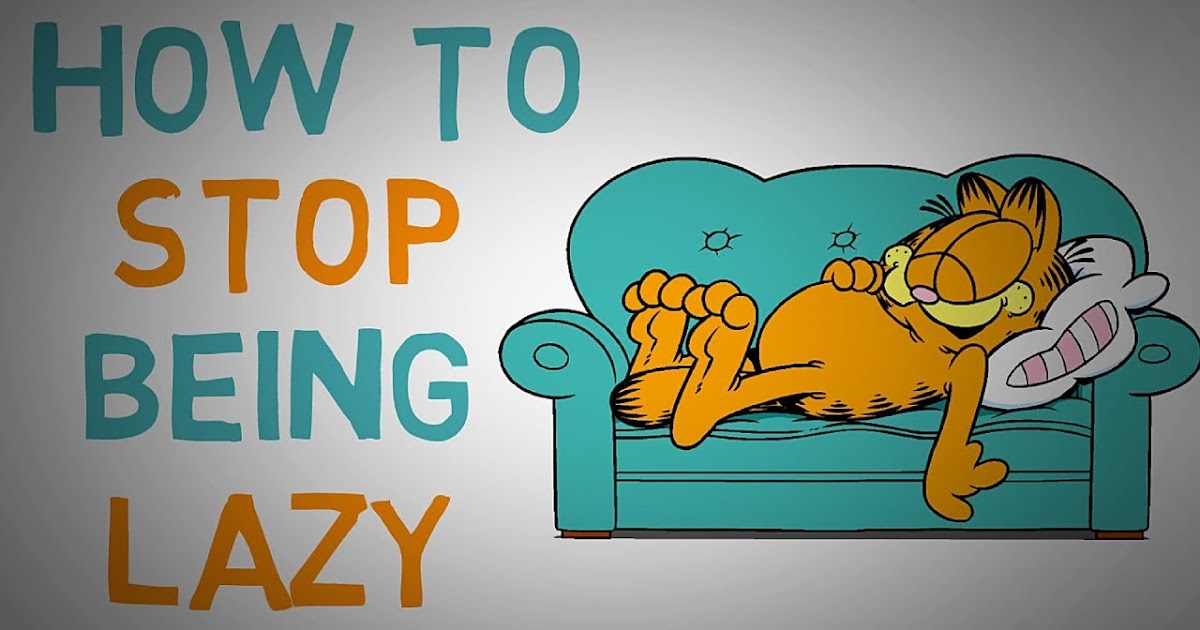 For example, he may call at the last second and say: "I felt that I did not have a resource." Dear, what did you feel when I already ran to that meeting or those negotiations that we both agreed to appoint in our right mind and memory?
For example, he may call at the last second and say: "I felt that I did not have a resource." Dear, what did you feel when I already ran to that meeting or those negotiations that we both agreed to appoint in our right mind and memory?
The fact is that psychotherapy is also arranged in such a way that at first the psychotherapist is such a substituting figure of a rather caring father or mother for the client and thus, as it were, invites (and there is such a term) into this infantile regression. And I, when I was just starting my personal therapy 15 years ago, had such a temptation: let me extend this genre of psychotherapy to all my other areas of life: work, finances, personal relationships. But they didn't sign up to be my psychotherapist.
And of course, life gives feedback quite quickly, reality is always richer than any psychotherapeutic genre, in whatever we develop. Life itself tells us: “No, baby, get up on your feet. There is psychotherapy, and here is the reality that you have to create yourself. ”
”
Of course, many wonderful authors have reflected and written wonderful books on this subject. It's great that one of the basic books that people generally start with in the wonderful world of psychology is Eric Berne's book "Games People Play". The book is wonderful, it describes three states of the ego: just a child's - a child, an adult - the same adult position that we are looking for in life and in our today's issue, and the position of a parent.
What is the child's condition? It is wonderful in many ways. It's creative, it's full of curiosity, it's so daring, spontaneous, it has a lot of joy, it has a lot of play, it has a lot of freedom. True, it is not suitable, this state, for solving all life issues. I, as a business coach and coach, work with creative teams, for example, from the world of advertising and observe that sometimes excellent employees of excellent companies, representatives of creative professions try to build a whole life out of the role of a child. And it also has certain limitations. If a spontaneous child said: “Tomorrow I want to be, I don’t know, at an exhibition in Austria, this is necessary for the development of my creativity”, - dear, it is necessary. But who will be responsible for this budget?
And it also has certain limitations. If a spontaneous child said: “Tomorrow I want to be, I don’t know, at an exhibition in Austria, this is necessary for the development of my creativity”, - dear, it is necessary. But who will be responsible for this budget?
If a person is in a very infantile position, he demands from others, the position of a child - I want it, and that's it! He has no other reason to make decisions. Or he says on his own: “I want!” and takes out a loan. And tomorrow he really is in a beautiful country at a wonderful exhibition, but an adult will have to pay for this, because an adult will pay interest on loans and will be forced to negotiate with his superiors if for some reason you missed work that day, because you, so cool, spontaneous, creative, but sometimes infantile, ended up in another country for enchanting money and you will be forced to pay for it on behalf of your adult part in a good, or maybe not in a very good sense of the word.
Here is a circle drawn by Eric Bern about a child. His next circle in this traffic light is, in fact, an adult. This is the one who adequately assesses reality, he makes decisions whether we, dear friends, can afford a trip today, how this relates to the whole context of life, how this relates to the agreements that we have with other people.
His next circle in this traffic light is, in fact, an adult. This is the one who adequately assesses reality, he makes decisions whether we, dear friends, can afford a trip today, how this relates to the whole context of life, how this relates to the agreements that we have with other people.
Perhaps you now feel, when I tell you about this adult circle in Bern's illustration, that somehow here spontaneity and creativity are tragically reduced. Probably, this is then the balance of all these wonderful three parts of the personality. What do we want? Happiness. And to be truly happy, it's great to implement all three parts in balance, but relying on the adult part.
The third, uppermost circle that Bern draws is the position of a parent, these are our stereotypes, guidelines, some kind of internal orders inside us that we took from other people who raised us, or institutions: kindergarten, family , relatives, teachers, then professors at the university and the boss, evil or good. It's still some kind of introjects, inwardly rotated parts of the personality that rule us. That is, it is not our own choice: "I have to defend my dissertation." Why should you defend your dissertation? Because all decent girls of our kind (I'm not talking about myself now) defended their dissertations. And then it turns out that the parental state in me is driving me at the moment, this is not my true adult choice based on myself.
It's still some kind of introjects, inwardly rotated parts of the personality that rule us. That is, it is not our own choice: "I have to defend my dissertation." Why should you defend your dissertation? Because all decent girls of our kind (I'm not talking about myself now) defended their dissertations. And then it turns out that the parental state in me is driving me at the moment, this is not my true adult choice based on myself.
In order for us to have the technical ability to be aware of these choices and to realize from what state I am now reacting, or making a decision, or acting, or communicating, it is important to carry out such a big life project, which is called separation from the parental family system. This often becomes an important milestone in a person's personal psychotherapy.
A healthy separation is when I am able to accept what is very important and valuable and great for me, and thank my parents and the family system in general, say: “Guys, this is great, this is great, I take it. I take it further into my life, carry it and increase it” and “No, this is unacceptable, it’s not great that you are so-and-so” (the following is a list of presentations that we all make to our parental family system) - and disconnect from this, to separate, then I am already so on my own, naked or independent, I go further into life with my conscious baggage, what I take into my qualities, into my life, into my principles and attitudes and what I do not take.
I take it further into my life, carry it and increase it” and “No, this is unacceptable, it’s not great that you are so-and-so” (the following is a list of presentations that we all make to our parental family system) - and disconnect from this, to separate, then I am already so on my own, naked or independent, I go further into life with my conscious baggage, what I take into my qualities, into my life, into my principles and attitudes and what I do not take.
And then you and I can already grope for a definition here. It seems to me that being an adult is even with such, you know, enthusiasm to be responsible for the authorship of everything that I create in my life, and with adequate self-esteem, relying on myself, having developed emotional intelligence and effective communication with other living or not very living subjects that I meet in my life.
Here, each part of this definition is such an independent large definition that requires separate consideration. When I ask at trainings: “Dear friends, which of the seven billion people living on earth is responsible for how much, for example, I have energy today to work with you today?”, you understand, for some reason know that it is you, Yulia Burlakova, who is responsible.
I say, "I don't like your answer a little, but I share it conceptually nonetheless." Of course, it depends on me how much inspiration I bring here and now, today to the group. Moreover, it also depends on me what my financial well-being is, what my emotional and physical health is, what kind of career or self-realization I have created, how much intimacy with other people I have managed to create or not create in my life.
By and large, this is a common aphorism and ancient wisdom: "Give me strength, Lord, to change what I can change, acceptance - to accept what I cannot change, and wisdom - to separate one from the other." This is the recognition of the authorship of my own life and understanding what to do next with what I have, because not everything I can change. Relying on adequate self-esteem means that I do not have a God complex, yes.
We say that being an adult does not mean being a god, it also means accepting the natural limitations of life, and this in itself is very scary, and authorship, and acceptance of limitations. This activates in us the so-called existential frustration. Few people take the courage to accept and realize these four existential givens of life at all. Irvin Yalom, in a large, beautiful volume of Existential Psychotherapy, will not let you lie: this is death, this is isolation, this is freedom, and this is meaninglessness.
This activates in us the so-called existential frustration. Few people take the courage to accept and realize these four existential givens of life at all. Irvin Yalom, in a large, beautiful volume of Existential Psychotherapy, will not let you lie: this is death, this is isolation, this is freedom, and this is meaninglessness.
Death is an understanding of the finiteness of life, which means that it is such a gluttonous feeling of the incredible value of every day. Isolation is the understanding that we will come into this world alone and we will leave it alone, and then the miracle is my attempt to reach someone, for example, right now, when you are watching this story, or in my close relationship with my relatives and friends. These are courageous attempts to create intimacy, and they are not always within my power, for example.
The third existential given, freedom, is precisely the very authorship of life that I create it, despite the fact that it has natural limitations. Each of us has our own baggage of tragedies, deaths, losses, illnesses, circumstances above which we really cannot jump.
Each of us has our own baggage of tragedies, deaths, losses, illnesses, circumstances above which we really cannot jump.
And the pointlessness is just about the fact that each of us, according to existential psychology, is forced to create his own unique meanings in life. Nobody will offer us ready ones. They will want to offer, but then these are totalitarian simple ideas, the temptation to be imbued with them is so great precisely because it is difficult to deal with the existential anxiety of the meaninglessness of life and with this very adult task of creating your own meanings. Can you imagine what a big category? And, it would seem, just “how can we grow up?” — to accept the existential reality of life.
I have a more cheerful tail at the end with emotional intelligence and effective communication. What do I understand in general in this topic of adulthood, why do I invite emotional intelligence and effective communication here? Emotional intelligence is, first of all, the ability to be aware of your emotions and manage them, not to suppress them, but to manage them.
A parent serves as a container for a child in childhood. Right in the theory of attachment there is such a term - to contain the emotions of a child. He doesn't know how to deal with them on his own. It’s just that his neurophysiology functions so well that he doesn’t know how to cope with his emotions. If he has a caring enough adult with adequate emotional intelligence, then this caring adult is able to reflect the child's emotions: “Petya, you are angry. And at the same time, you can’t bite the dog Zhuzhu, because it hurts.” Thus, an adult is a guide for a child to the world of awareness of emotions and their management. You can't bite a dog.
Therefore, if you see on the passport an adult who, without containing, without being aware of his emotions, simply pours them into you or others, like into a sewer, I sometimes do this, to be honest, then I'm not in a very adult position, then it's just important to understand: oops, emotional intelligence dipped at that moment.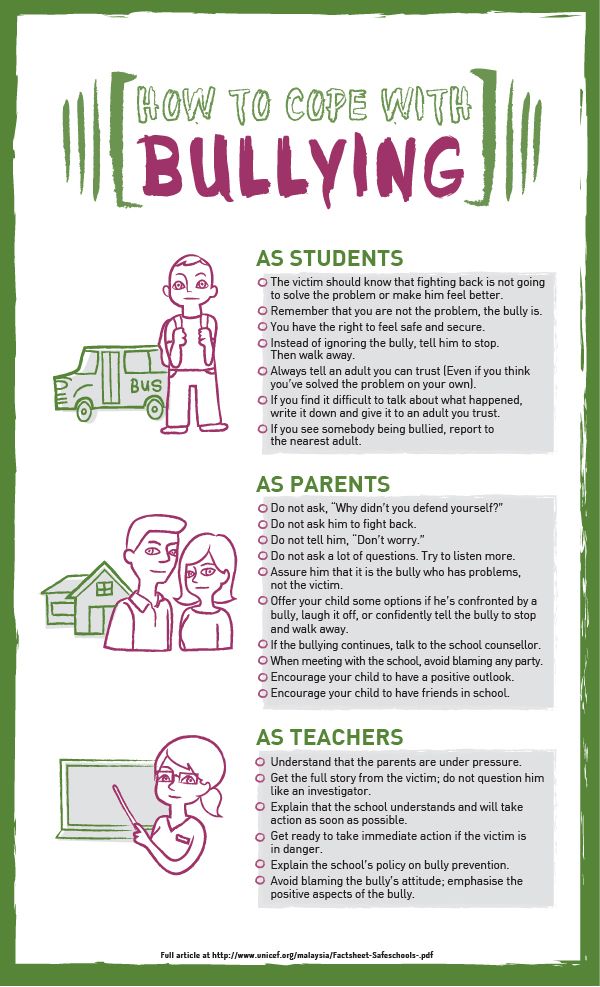
What does effective communication mean? I am aware of my emotions: “Julia, you are angry now”, I manage them: “What do you need to stop being angry or make your rage (if it is not anger, but just rage) safe for others, run to the neighboring gym and beat a pear ? And then this is a rather adult position, then I, in fact, again have the technical ability to effectively interact with the one I am angry with. For example, it is very serious to set boundaries, so clear that it will be impossible to yell at me next time if it is a toxic boss that we talked about in our previous issues.
There is a wonderful basic exercise that I came up with and that I use in my trainings. I will share it with you now so that you have a technique for growing up, because generally everyone really wants to get on their own feet, create their own unique best life, this autobiography, be the author, screenwriter and director of their own life. To do this, I propose this exercise. You formulate a certain task for yourself, which for you is some kind of challenge, some kind of delicious complexity, for example, that I am now trying to voice some idea on the Dozhd TV channel, yes.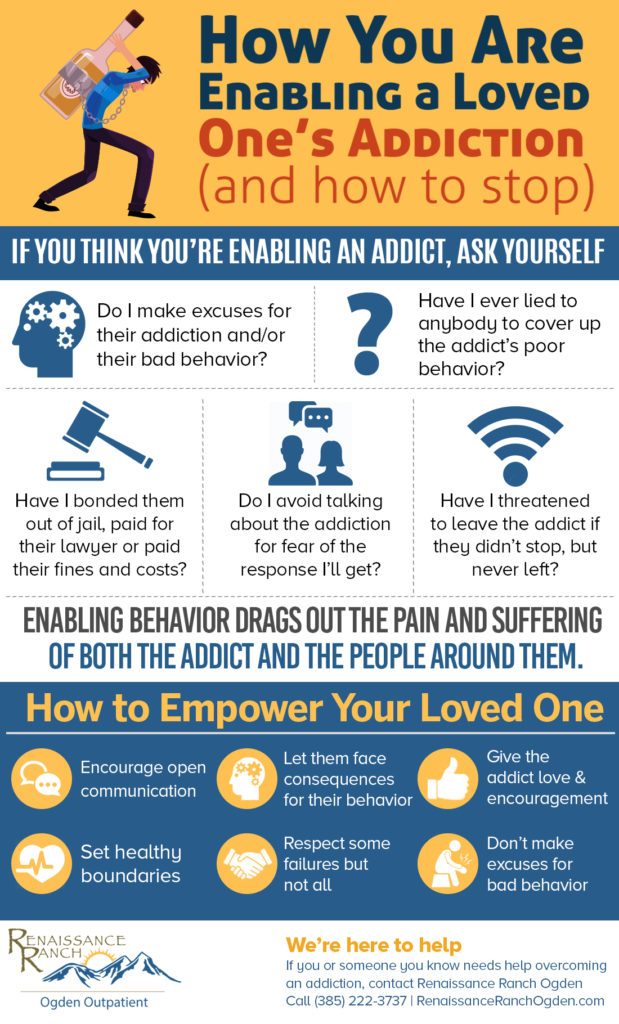 It's not an easy task, it's not something I do every day.
It's not an easy task, it's not something I do every day.
Next, please invite into your difficult task your infantile part, your childish, curious, hopeful, one-switch, want or don't want, childish part. We really need our inner child, he is responsible for creativity. My inner child may say something like this: “Oh, I’ll come running, I’ll tell you, everyone will be enlightened, everyone will be happy! You don't have to be prepared."
Next comes the part that we talked about above as the inner parent. Now we will hyperbolize it with you and call it an internal critic. Please follow my thought carefully now. When I asked on my social media what to talk about in an adult position, most of the answers were: “Please tell us how to deal with the inner critic.” This is such an evil parent who sits there and hits you very hard with a stick of guilt, shame, such a translation of the thought that you are imperfect, you will not succeed.
This inner critic says: “Where are you going with a pig's snout into the Kalash row? You won't get anything.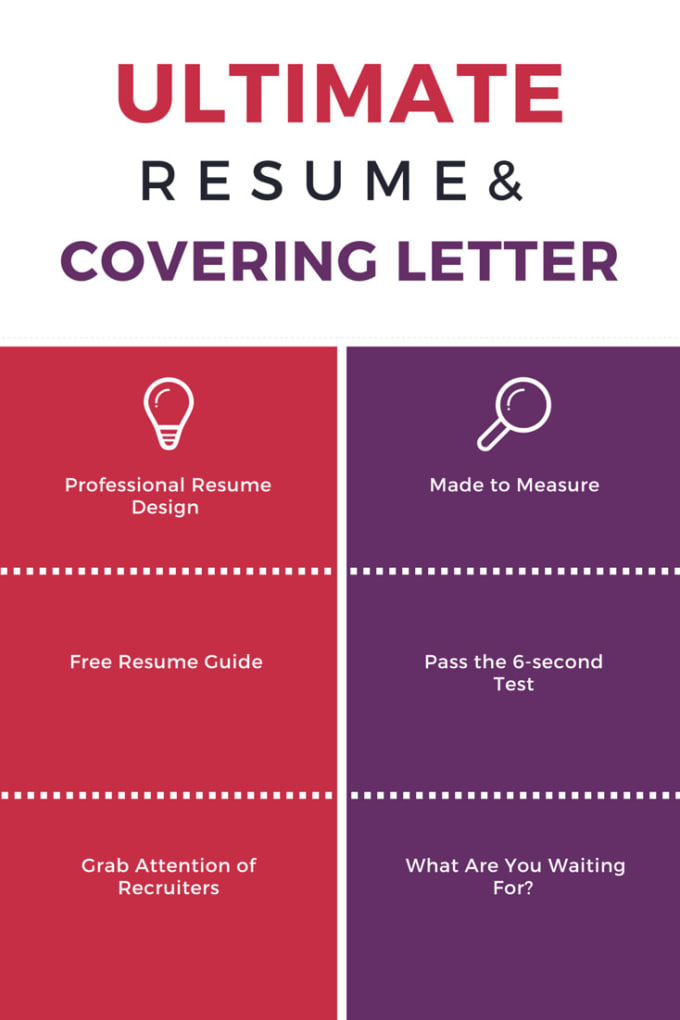 " Mine doesn't talk like that anymore, he's re-educated, and I want to draw your attention to the fact that you don't need to kill him, you don't need to suppress him. It is important to use him as a useful auditor, such a checker, a little boring, perhaps, who insures risks for us, because he talks about it.
" Mine doesn't talk like that anymore, he's re-educated, and I want to draw your attention to the fact that you don't need to kill him, you don't need to suppress him. It is important to use him as a useful auditor, such a checker, a little boring, perhaps, who insures risks for us, because he talks about it.
That is, this inner parental part, which is most often brought in our internal radio to such an evil critical part, appeared in the psyche not just like that, but as a fuse. For example, if a child runs across the road under a car, the parent will probably grab him roughly, probably the parent will say something very bad in this frustration of fear and rage. But this is an adequate manifestation of such a parental position. At the same time, we also met with an inadequate one, when we were simply insulted, inspired by a guilt and inferiority complex, which became toxic. In all my trainings, the group always knows in what voice and what specific lines the inner critic is speaking.
Our task in this exercise is to activate the inner adult, and when you formulate a difficult task for yourself, a delicious difficult task, I don’t know, start saving for your housing, spend a wonderful broadcast on Rain, build a more harmonious relationship with your child , as a teenager, to master the guitar is some kind of task for growing up. Remember, it meets all the parameters of an adult position: it is authorship, it is enthusiastic to be responsible, it is to rely on my adequate self-esteem, what I can, what I can not, what I need help with, arm myself with emotional intelligence, understanding my emotions and communicate with those with whom we will communicate in the course of this ambitious project.
The first task is to formulate a problem for growing up. The second task is to ask yourself how my inner child feels about this, and directly write down or ask kind people to then voice what you wrote down. The child will usually feel enthusiastic, hopeful, often fearful that he won't get enough love in the course of selling a guitar, a mortgage, whatever, and will talk a lot about desire. What is important is his desire to support, motivation.
What is important is his desire to support, motivation.
Then it is important to write down a part of the inner critic, what my inner critic is saying at this moment, and directly write down the horror that he will broadcast at that moment. And then the important summarizing part begins, which is the technique of growing an adult position, consolidating it. It is directly important to write there: “Due to the fact that I am your boss, I am your adult, I react as follows.” And then, please, I beg you to observe this technique boringly.
“My dear baby,” and somehow calm and support him: “It's great that you want to run so spontaneously and without preparation and tell everything you want to tell humanity. And at the same time, it’s important to prepare for how you will speak to the audience.” You understand that you support the child and at the same time give feedback that the child will not always get what he wants, this is normal, because you are strengthening the adult position.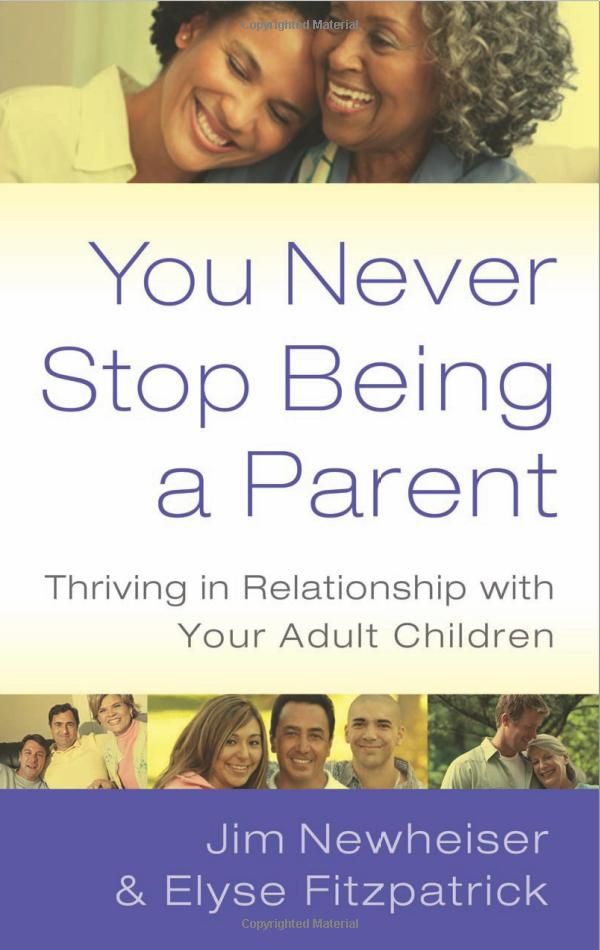 When you strengthen the nursery, it will be another training and another exercise.
When you strengthen the nursery, it will be another training and another exercise.
Next, you write to yourself: "Dear Inner Critic." Look, if he insults you, if he has not yet been reeducated, then you tell him: “You can’t treat me like that, I forbid such an internal dictionary.” That is, the first thing that is important is to put it in its place. If you do not put the inner critic in place on behalf of the adult part, he will make your inner ether, your relationship with yourself toxic. Therefore, you correctly put him in his place and take the important thing that he nevertheless managed to tell you. For example, if he tells you: “Where are you going to take another loan to the Maldives?”, then it would be great, on behalf of an adult position, to tell an internal critic: “You are probably right, I need a financial policy that is much more thoughtful than how I live now."
And then some summary of all of the above: "That's why it's important for me to take guitar courses within the next three months.